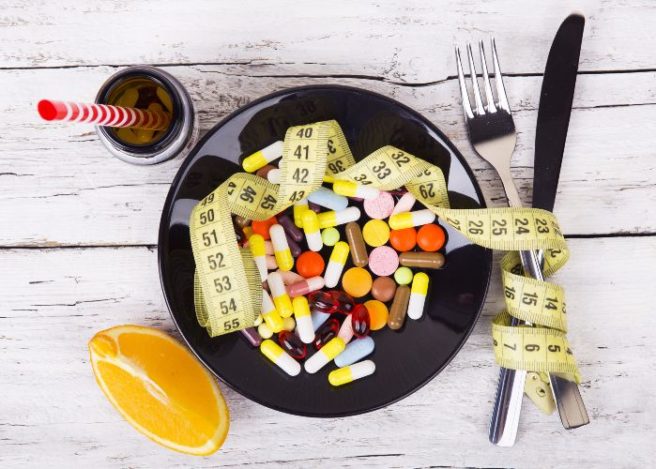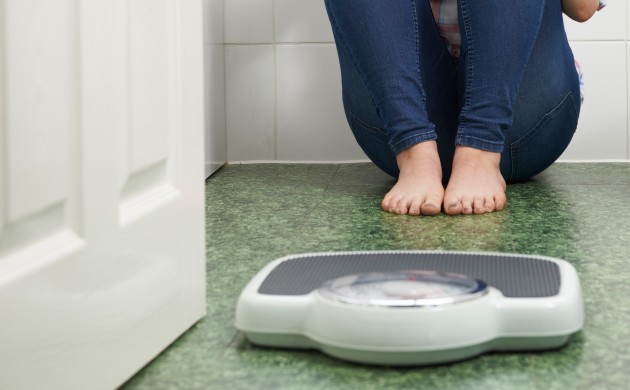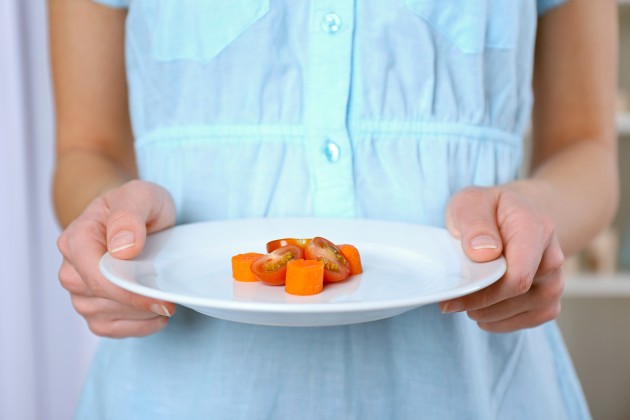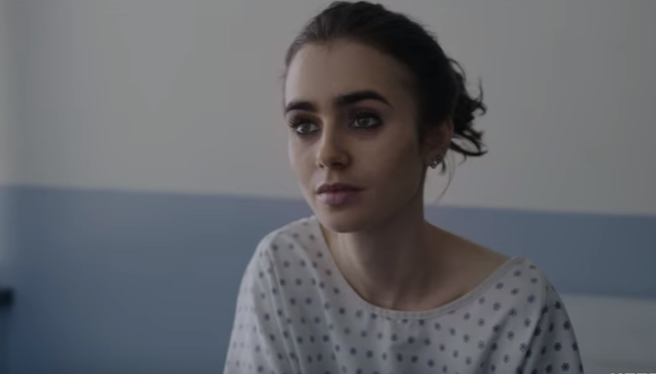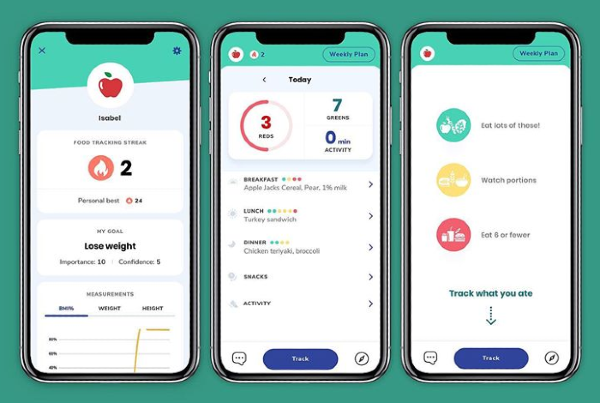
Weight Watchers (WW) defend launching a weight loss app for kids
WW, formerly known as WeightWatchers, launched a diet and nutrition app marketed at children and adolescents this week and have faced immense backlash since.
Kurbo by WW is a free programme that claims to help eight-year-olds to 17-year-olds "build healthy habits", and lose weight through personalised coaching and food tracking.
The app's "traffic light" diet approach categorises foods as red, yellow and green (red being the most process, sugar-filled, yellow being lean protein and pasta and green being fruit and veg).
We’re excited to introduce @KurboHealth, a science-backed tool uniquely designed for kids and teens who want to improve their eating habits and get more active. Find out more at https://t.co/1hvFKOWAGd! #WellnessThatWorks pic.twitter.com/a5SLVS5wtk
— WW (formerly Weight Watchers) (@ww_us) August 13, 2019
Kurbo by WW was developed at Stanford University, and WW have defended their programme by stating the app is backed by safe scientific studies.
CEO of WW, Mindy Grossman, said; "To change the health trajectory of the world, we have a tremendous opportunity, but also a responsibility, to help kids, teens and families adopt healthy habits."
Many critics of the app insist that encouraging kids and teenagers to diet can perpetuate an unhealthy and dangerous mindset.
This new app #kurbo by WW is disgusting! And it is out right dangerous! Eating disorders are serious mental illnesses and teaching young people these messages is WRONG!
If you agree with me that this app should be shut down NOW please do RT! #kurbokills #eatingdisorders pic.twitter.com/GscM46j02D
— Hope Virgo (@HopeVirgo) August 14, 2019
Fatphobic cultural messaging around dieting has led to a massive issue surrounding eating disorders and mental health among youth.
In an article published in Adolescent Health, Medicine and Therapeutics in 2015, researchers found that because adolescence is such an important time for body image development, 12-to-18-year-olds with a negative perception of their body or weight are more likely to develop eating disorders or dysfunctional exercise habits.
Of course, obesity can be linked to numerous health concerns but disordered eating and mental health conditions among adolescent is reportedly more likely to pose a dangerous risk than paediatric obesity.
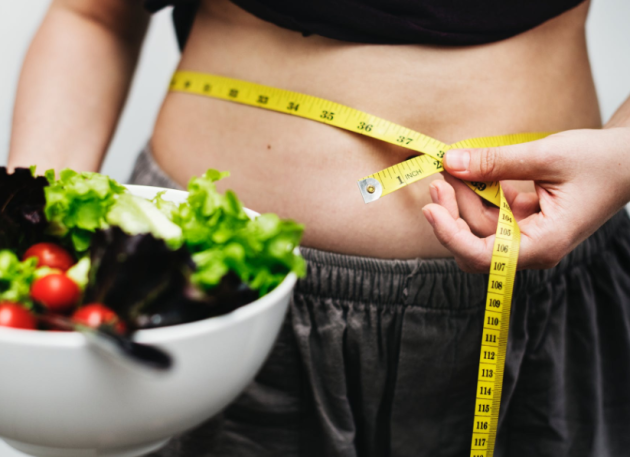
35-to-37 percent of adolescent girls in the US alone report using unhealthy weight loss measures, according to the National Eating Disorder Association. These methods include fasting, smoking, taking laxatives and 'skinny teas', skipping meals and even vomiting.
One-in-three adolescents in the UK alone reported experiencing mental health issues, according to a troubling survey by the charity Action for Children.
More than 12 percent of adolescents in the US are affected by depression every year.
Many people on social media were furious about the Kurbo by WW app. Jameela Jamil, an activist and actress who runs the iWeigh campaign for body positivity, tweeted her disgust at the news.

“Are we kidding? Breeding obsession with weight and calories and food at the age of…8?" she wrote. "I was 11 when my obsession started, due to being put on a diet for being the heaviest girl in the class. I became afraid of food. It ruined my teens and twenties.”
we are appalled and disheartened by the new @ww_us app. Kurbo teachinf and promoting dieting behavior. 35% of "normal dieters" progress to pathological dieting. Of those, 20-25% progress to partial or full-syndrome #eatingdisorders. #wakeupweightwatchers
— Alliance for EDA (@AllianceforEDA) August 15, 2019
Petitions have already been created against the app, with the hashtag #LoveNotDiets trending to urge parents to use love rather than diets to help their nutritional habits.
Childhood obesity is still an incredibly serious public health challenge of the 21st century, and the app attempts to reduce a child's sugar intake. There is nothing wrong with promoting healthy foods and exercising for physical and mental health benefits.
However, many parents feel that instilling a diet-centered mindset among young people who are already vulnerable could be a dangerous mistake. Targeting the mental health crisis could be a more productive way forward.
Feature image: Instagram/@coachdavidflowers







